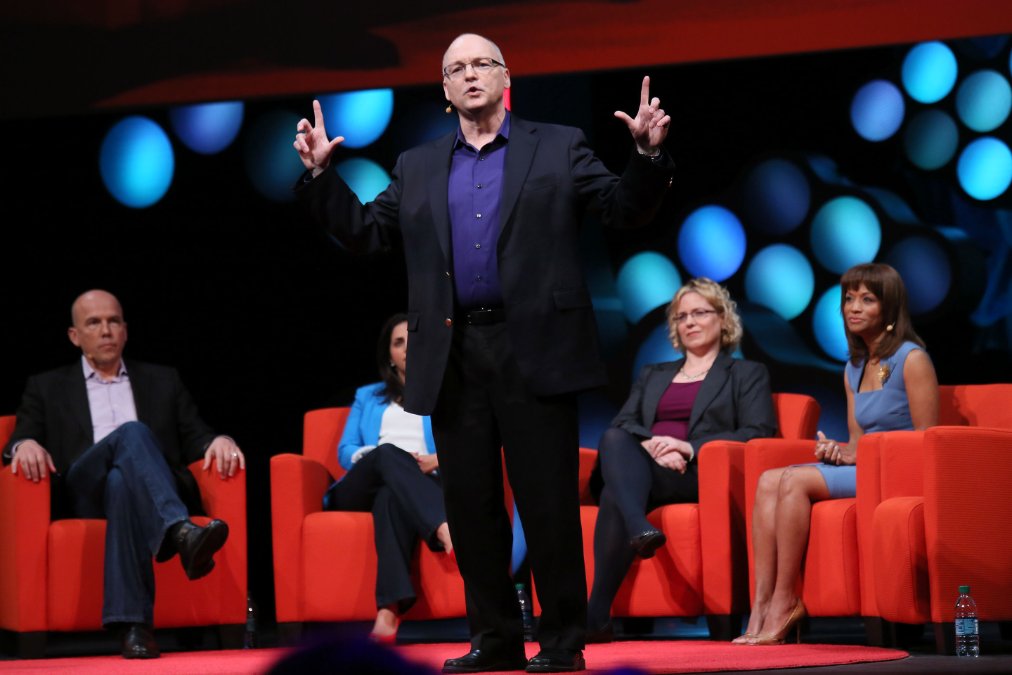
“You know, I believe we have two lives. The life we learn with and the life we live with after that.” (Iris Gaines, The Natural)
When Alan Jay Lerner and Frederick Lowe opened their new musical Camelot in Toronto in 1960, the curtain came down four and half hours after the opening number – over twice the length of a commercially viable show. The play then moved to Boston where acts and songs were cut, but the run time was still over an hour too long. Finally, when it reached the Majestic Theatre on Broadway, Camelot was about half of its original length and went on to be a blockbuster success and the splendid theme of the Kennedy years in the White House. Like most great artisans, Lerner and Lowe understood that failure is an inevitable part of the act of creation. It cannot be avoided; only accelerated. That’s why in the golden age of musical theatre shows were opened in New Haven or Buffalo or Toronto – under the radar and beyond the watchful eye of the discerning New York theatre critics. When we try to produce something truly unique, we have neither the competence nor experience to make it perfect on the first try. Effortless superiority is only for those who trod the beaten path – all others must endeavor the challenges of certain imperfection.
It is easy to forget that all learning is developmental. No one speaks a language or plays an instrument without first stammering through a difficult passage or offending the ear with the clamor of a misplaced note. We assimilate the new into the old and accommodate all else. Age is of little matter. When sketching a picture of the family pet it is easy enough to surmise when we stopped learning to draw. Mediocrity that passes for personal expression is easy enough, but substantive creativity is iterative and hard won through repeated trial and error. Writer’s write and painter’s paint – there are no shortcuts to skill and craft.
What is taken for compassion today may in the end turn out to hinder our growth. For example, there are two kinds of parents at the playground – the “don’t do that” and the “hurt, didn’t it?” varieties. Ironically the later child grows faster and more completely. It’s not that the latter parent is hard hearted, but rather, one who understands the value of the experience of overcoming failure. This is where real self-esteem is built and growth is initiated.
While we must endure failure, we need not do so in the harsh light of public criticism where the uninitiated can blow our development off course. Walt Disney famously held heated late night sessions where only he and his inner team of animators would review the story boards and daily film rushes. He would routinely throw out month’s worth of work just to make a small part of the story better. Yet, after these private altercations the masterpieces emerged – Pinocchio, Fantasia and Sleeping Beauty. “Keep moving forward” was Disney signature line. Like Lerner and Lowe, and other heroes of the imagination, Disney planned to fail early and out sight. By acknowledging the imperfection of the work in its preliminary form, we hide, nurture and protect it in its youth so that it may have a chance to flower into something more essential and complete.
- Failure is part of the growth cycle so make provision for it
Jeff DeGraff
Connect with me on Twitter
Join me on Facebook
Visit InnovationYou.com

Jeff DeGraff is the Dean of Innovation – an author, speaker, and advisor to Fortune 500 companies and mission-driven organizations worldwide. He’s the CEO and Founder of Innovatrium, Founder of Intellectual Edge Alliance, and Clinical Professor of Management and Organizations at the Ross School of Business at the University of Michigan. Jeff co-created the Competing Values Framework and developed the Innovation Code and Innovation Genome methodologies which provide organizations with practical tools to reconcile competing priorities and drive breakthrough performance. His mission is the democratization of innovation: making systematic innovation accessible to everyone, everywhere, every day.

